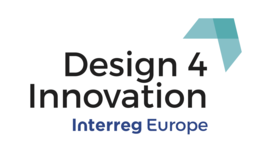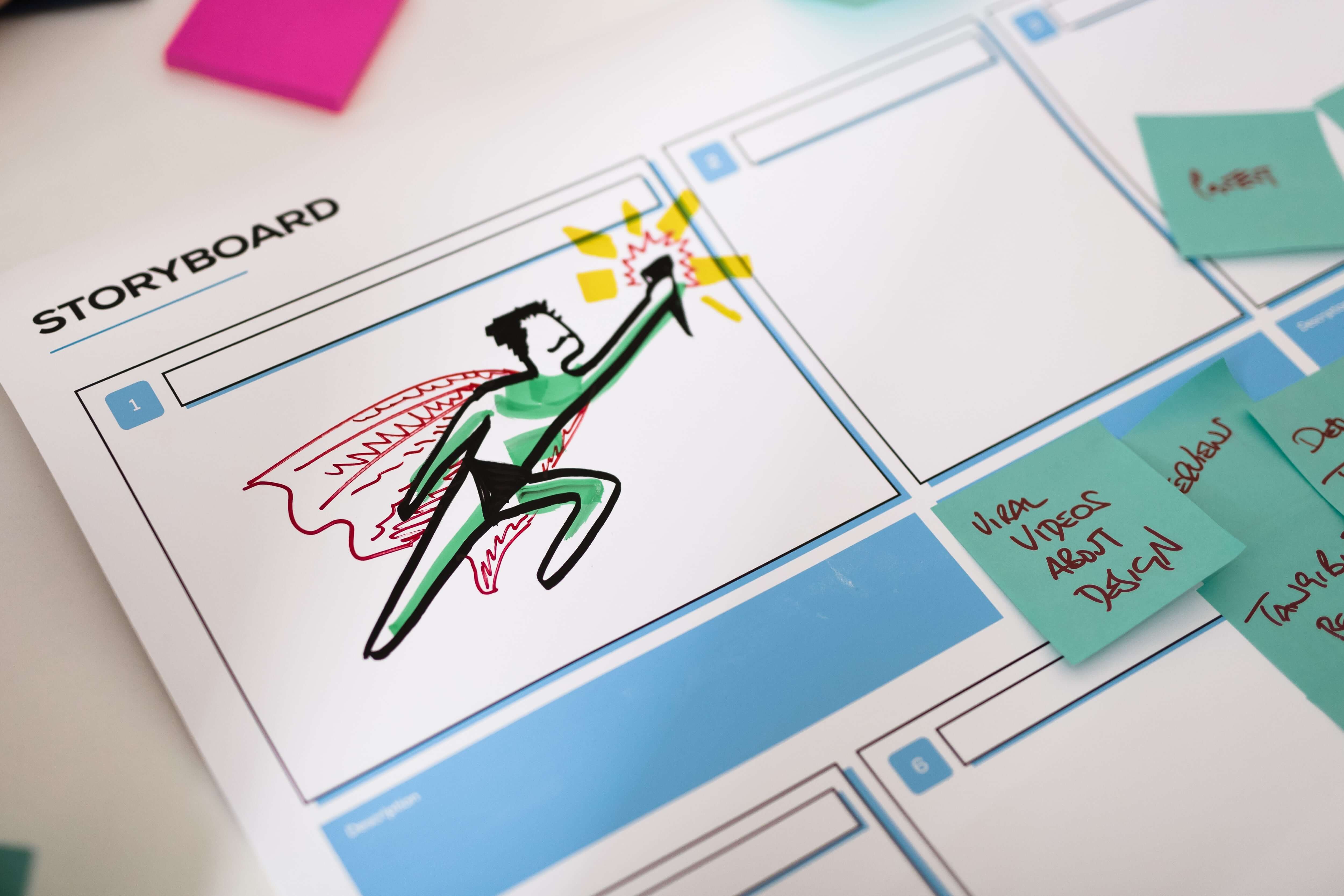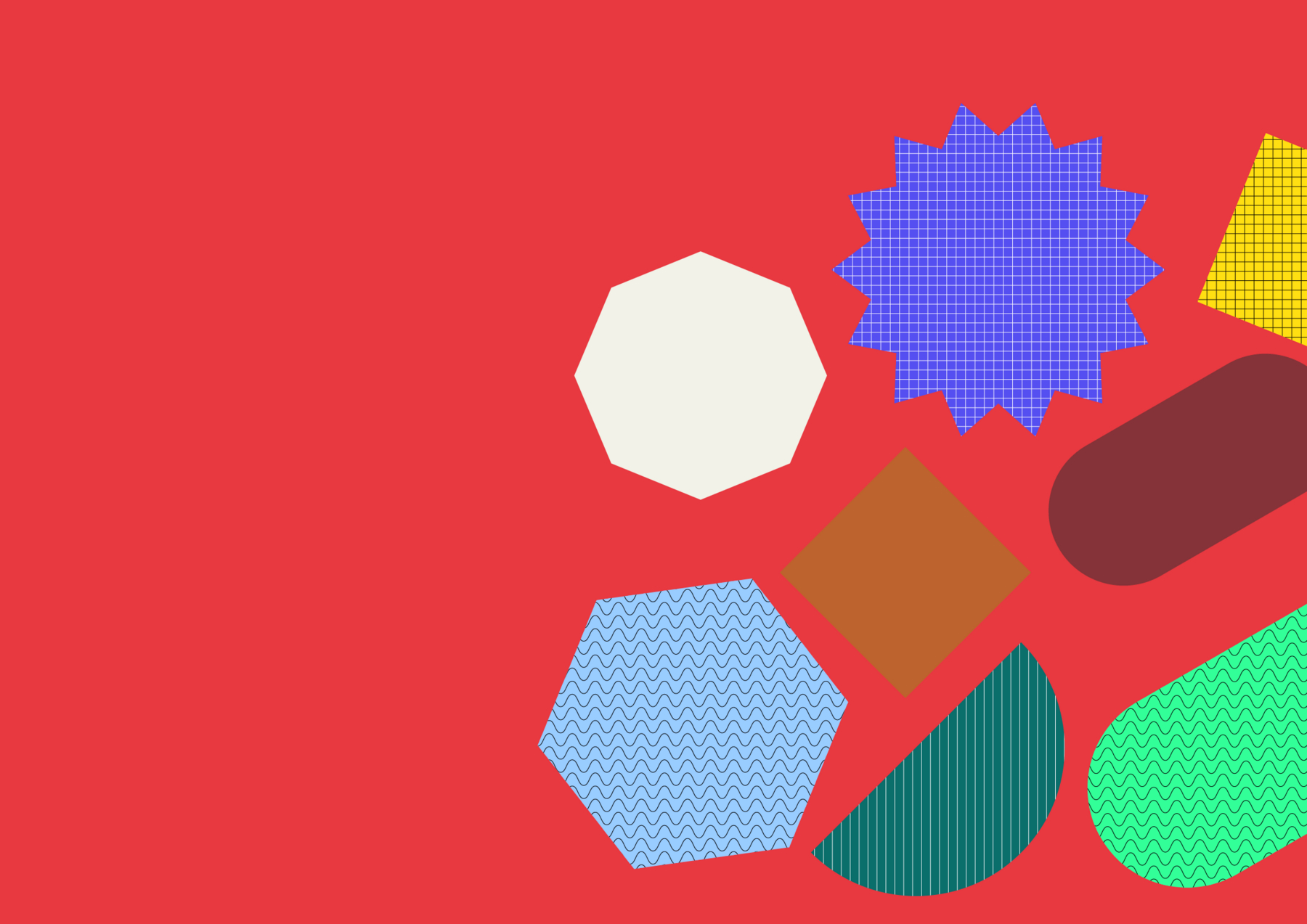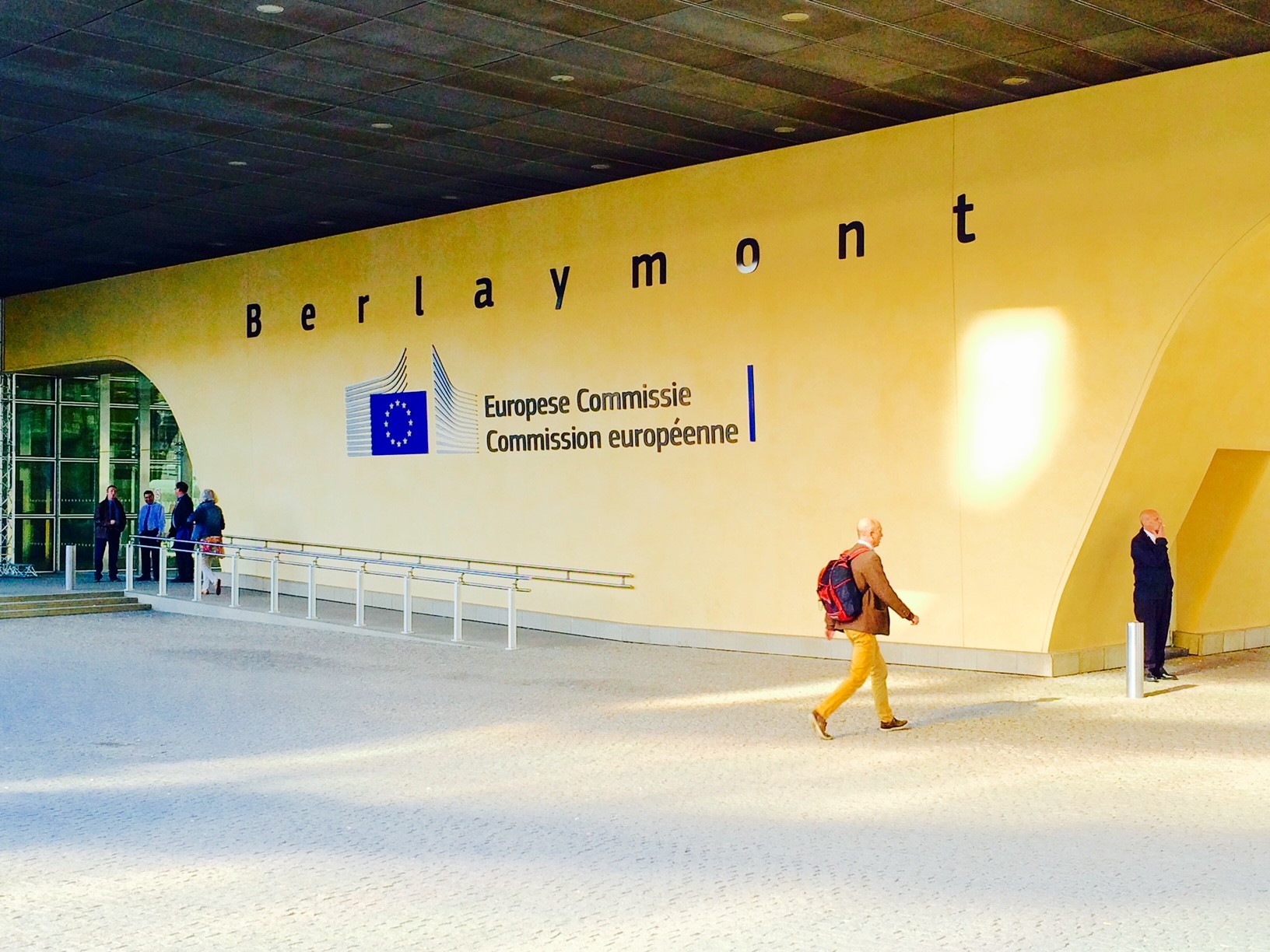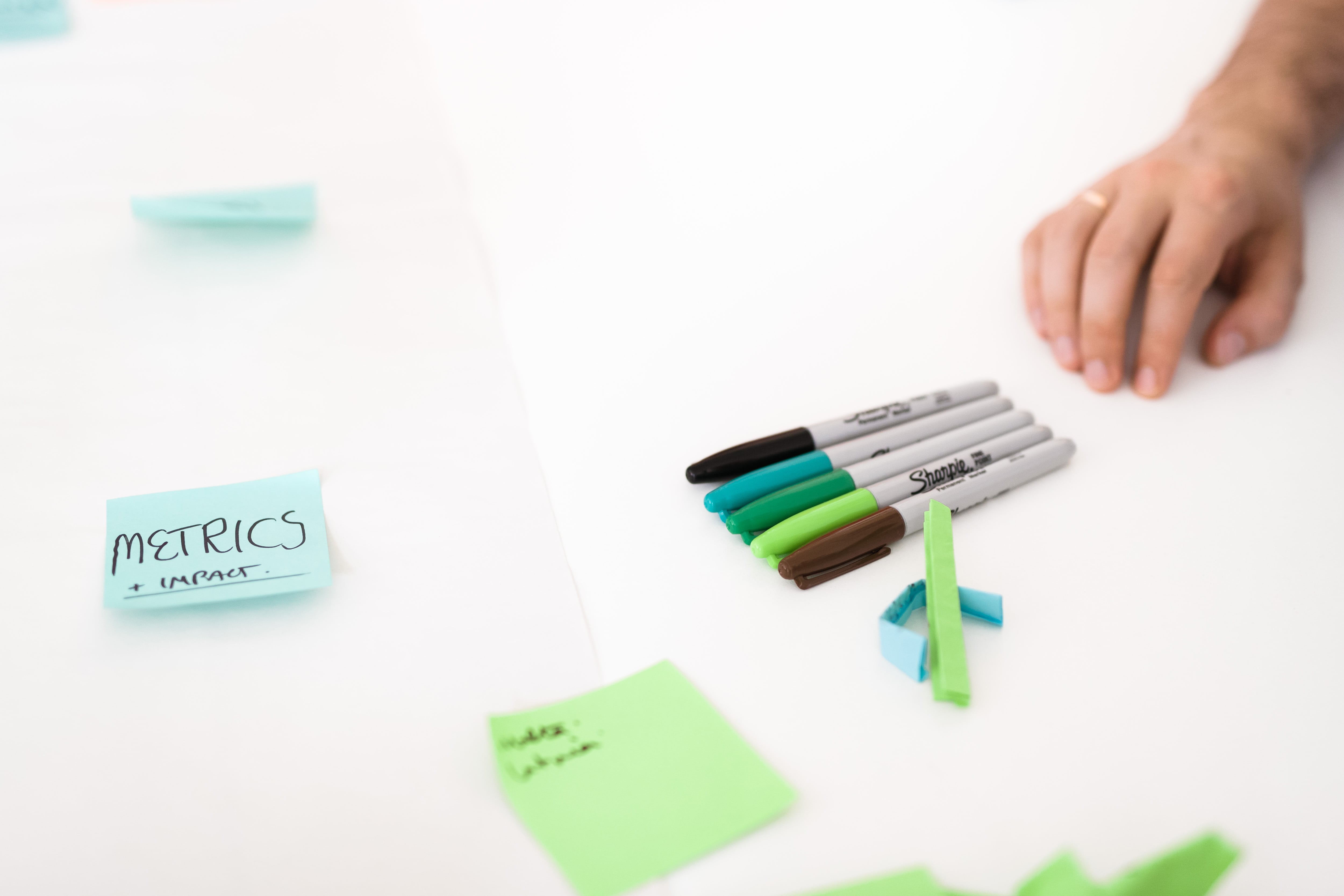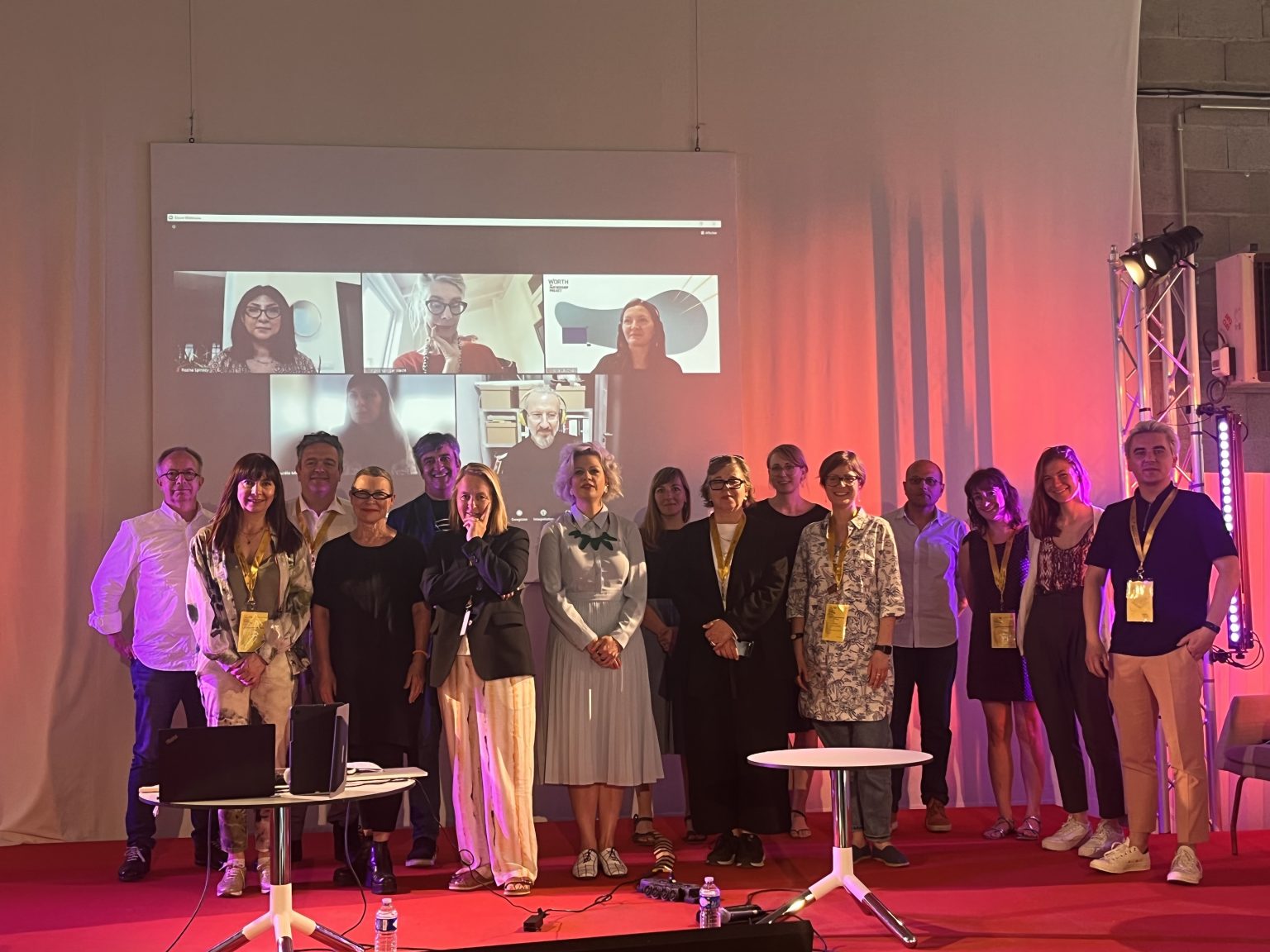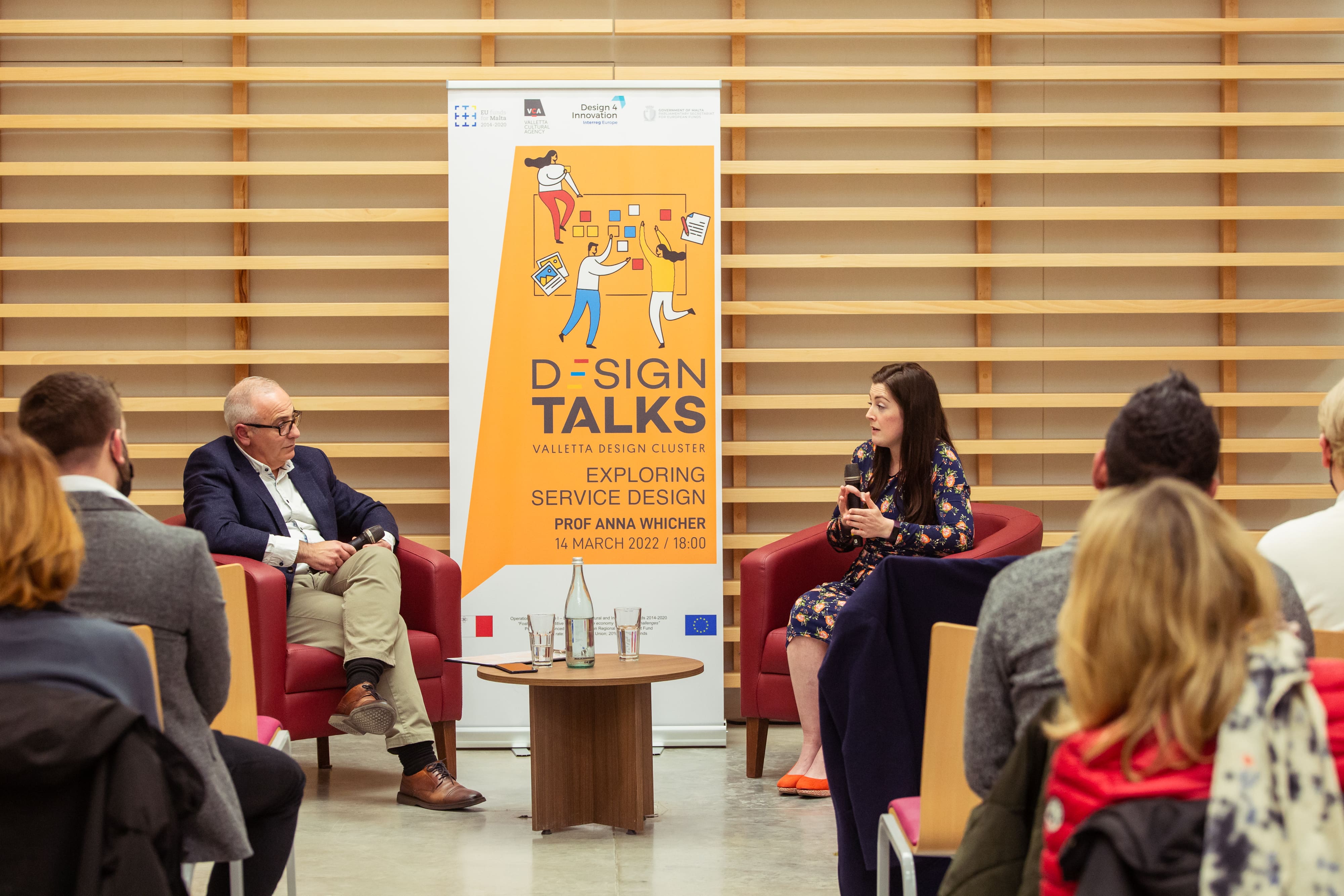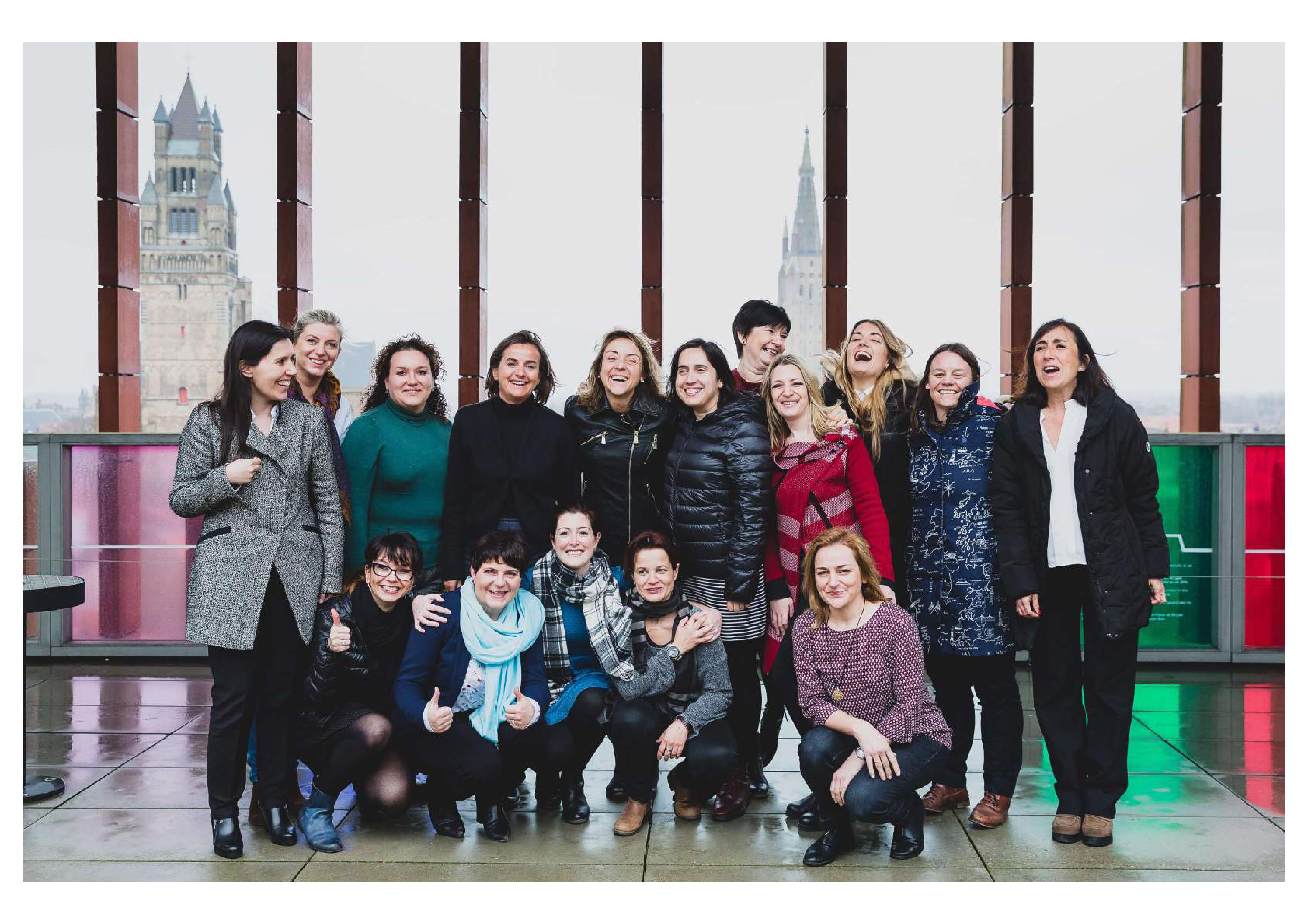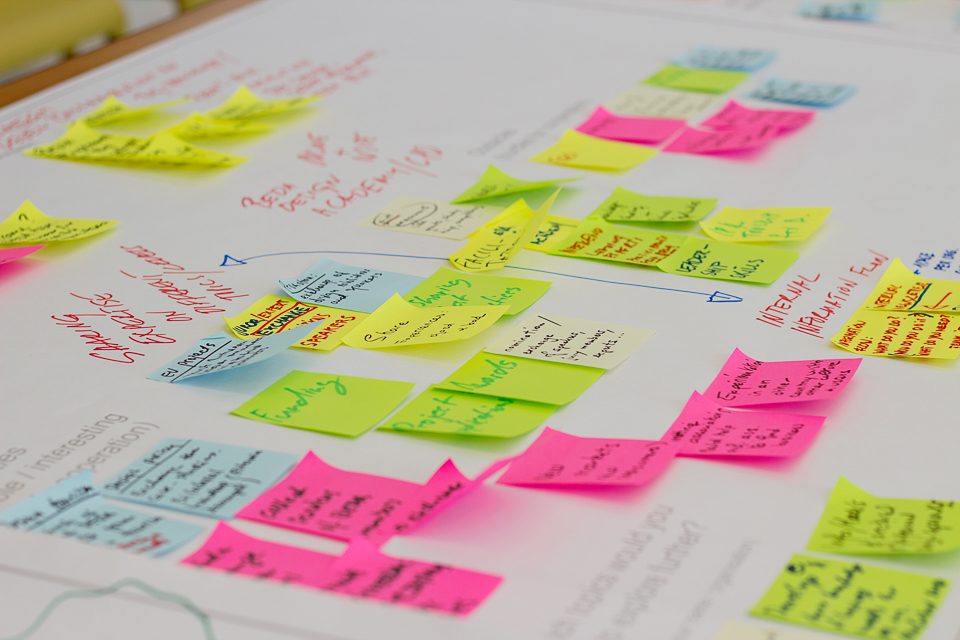Our project is officially closed but our mission to make European regions more competitive, sustainable, collaborative and beautiful continues!
The Design4Innovation project has come a long way in its six years of operation, and its achievements are significant. In the final year alone, the project has seen a financial impact of over €2.5m from its activities, demonstrating the success of its efforts in promoting the benefits of design. Our total financial impact amounted to over €15m of new investment in design-driven innovation.
One of the project's most significant successes has been the creation of a community of design enthusiasts across Europe (for the summary of our earlier achievement look here). The partners are now more aware of design's benefits and applications, allowing them to confidently use the best design practices in their daily work. This is a true testament to effective knowledge transfer and a critical factor in addressing current societal challenges and transforming regions in a sustainable and user-centered way.
The Valletta Design Cluster, a Maltese partner, acknowledges that the project's support has been instrumental in creating opportunities for collaborations with stakeholder entities at both local and international levels. These collaborations have led to the development of contacts with stakeholders of other project partners, which have been useful in getting the team exposed to relevant international design practice and transferring the experience to the local Maltese context.
Galicia undergone a true design transformation - from partically no design support and promotion to now design driving the entrepreneurship and innovation agenda.The Design 4 Innovation project, contributed to awake of Galician design oriented to sustainability and competitiveness through innovation. New similar actions will be developed to stimulate rural innovation through design innovation.
Our Greek partner KEPA highlights the new trends and needs that are taking shape for the further development of design, such as intersectorality (both in terms of its mapping as well as its documentation for new projects and calls during the new programming period, differentiating the cultural from the creative industries), the existence of a new support structure for the creative industry at regional level (with a clear sustainable and green agenda, provision for training the creators and consulting up to the final stage of production) and the creation of a digital observatory for open data.
In Silesia, Design4Innovation project became one of the elements of the regional innovation policy carry out on the basis of entrepreneurial discovery process implemented by the Silesian Voivodeship and the good practices presented by the partner regions within the framework of the project provide a starting point for the work on the development of the new programming period in the region. The implementation of the D4I project allowed RIS team to learn about the meaning and role of design in the development of entrepreneurship. Therefore, the activities they undertake, both regarding the programming of the innovation support policy as well as project initiatives, are largely implemented taking into account the knowledge and experience gained in the project, trying to support and develop tools and ideas of designing services in the region.
Our Catalan partner mobilised the entire Spanish Design Ecosystem, created a 'Pact for Design' and in November this year at the Design Policy Conference in Valencia launched a manifesto to the government to create a national design policy. The present Spanish Minister for Culture said that 'the quality of our life depends on the quality of our designs', we hope that this strong political message will reverberate across Europe in coming years .
In conclusion, Design4Innovation has created a lasting impact, resulting in over €15m in new investment in design, and its partners are looking forward to collaborating further to use design to improve sustainability, well-being, and prosperity in European regions. The project has demonstrated how design can be a catalyst for change and a driver for innovation, providing a blueprint for future regional development initiatives.
Get in touch with our partners if you want to change your region by design!
